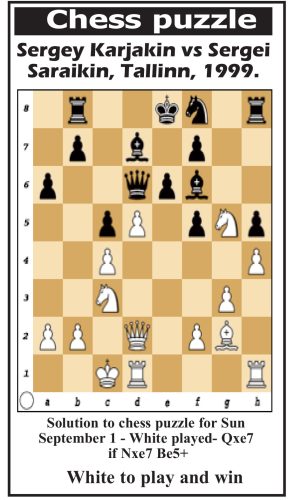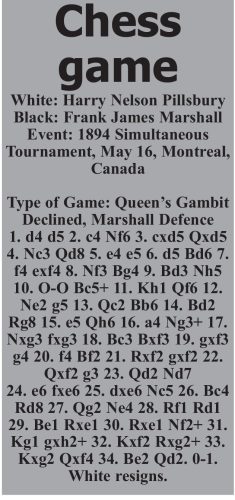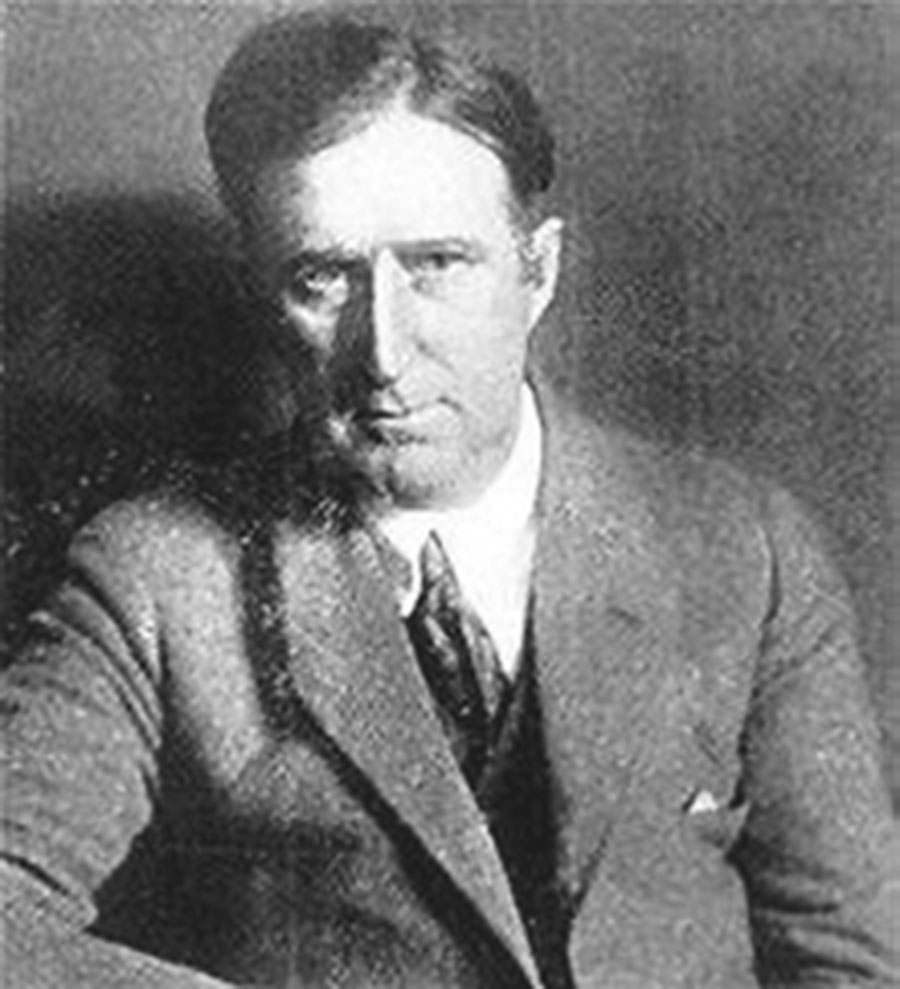 The great St Petersburg chess tournament of 1914, saw the world’s best players in attendance. Nicholas 11, Czar of Russia, as host, subscribed 1000 rubles toward the prize fund. At the banquet following the tournament the Czar named five players, Emanuel Lasker, Jose Capablanca, Alexander Alekhine, Siegbert Tarrasch and Frank J Marshall, “Grandmasters of Chess” They were the original grandmasters of history. Lasker was world champion at the time and Capablanca and Alekhine would become subsequent world champs.
The great St Petersburg chess tournament of 1914, saw the world’s best players in attendance. Nicholas 11, Czar of Russia, as host, subscribed 1000 rubles toward the prize fund. At the banquet following the tournament the Czar named five players, Emanuel Lasker, Jose Capablanca, Alexander Alekhine, Siegbert Tarrasch and Frank J Marshall, “Grandmasters of Chess” They were the original grandmasters of history. Lasker was world champion at the time and Capablanca and Alekhine would become subsequent world champs.
Marshall was generally considered an American romantic throwback in chess. The romantic era of chess marked the style of a player and identified the period from 1850 to 1950. Chess players, during this period, principally relied on tactics, wild sacrifices and extremely dynamic play. Those who played this type of chess have each left a lasting mark on the game. Marshall, for example, was US champion from 1906 to 1936, a feat which is difficult to surpass.
 He voluntarily relinquished the title and had captained the American Chess Olympiad teams of 1930, 1931, 1933, 1935 and 1937. Marshall’s first international tournament was Paris 1900 where he placed equal third. Later results included firsts at Monte Carlo 1904, Cambridge Springs 1904, Scheveningen 1905, Nurenberg 1906, Dusseldorf 1908, New York 1911, Havana 1913, and Chicago 1926. Marshall’s results fluctuated more erratically than any other player for he was always more concerned to create a beautiful game than to win.
He voluntarily relinquished the title and had captained the American Chess Olympiad teams of 1930, 1931, 1933, 1935 and 1937. Marshall’s first international tournament was Paris 1900 where he placed equal third. Later results included firsts at Monte Carlo 1904, Cambridge Springs 1904, Scheveningen 1905, Nurenberg 1906, Dusseldorf 1908, New York 1911, Havana 1913, and Chicago 1926. Marshall’s results fluctuated more erratically than any other player for he was always more concerned to create a beautiful game than to win.
It was said that Marshall played one game every day of his life and always took a pocket set to bed. He was constantly attempting to create brilliancies, which together with his natural optimism, made him a weaker match than tournament player. He was easily defeated by Lasker in a match for the World Championship in 1907 – one victory to Laker’s eight with seven draws. Two years later he was similarly defeated by Capablanca. However, in the worst of troubles he was capable of finding some saving device. The term Marshall Swindle became synonymous with miraculous escapes from apparently certain defeats.








